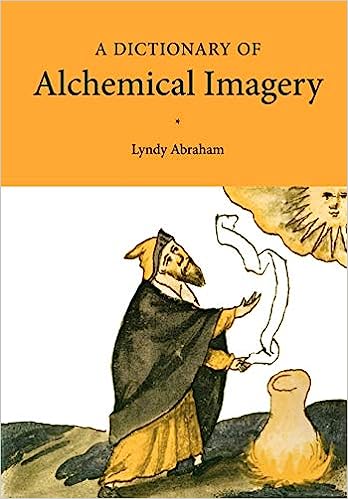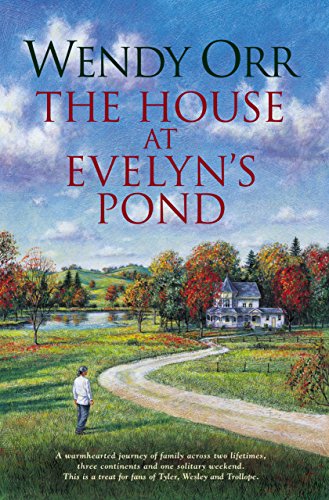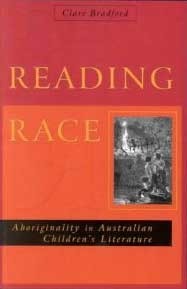Archive
Film | Theatre | Art | Opera | Music | Television | Festivals
Welcome to ABR Arts, home to some of Australia's best arts journalism. We review film, theatre, opera, music, television, art exhibitions – and more. To read ABR Arts articles in full, subscribe to ABR or take out an ABR Arts subscription. Both packages give full access to our arts reviews the moment they are published online and to our extensive arts archive.
Meanwhile, the ABR Arts e-newsletter, published every second Tuesday, will keep you up-to-date as to our recent arts reviews.
Recent reviews
At night the eyes return
to chaopolitan Pigalle,
its bright explicit boulevards,
those jagged unlit backstreets,
women lean and watch.
A Dictionary of Alchemical Imagery by Lindy Abraham
Cannabis and Cancer: Arthur’s Story by Pauline Reilly
Secrets Need Words: Indonesian Poetry, 1966-1998 edited by Harry Aveling
Reading Race: Aboriginality in Australian children's literature by Clare Bradford
These four titles are reissues of well-known texts, or of the work of well-known writers, from four different publishers. A good sign perhaps, very welcome at a time when publishing seems ever more ephemeral and when many works, even from the recent past, are unavailable.
... (read more)






